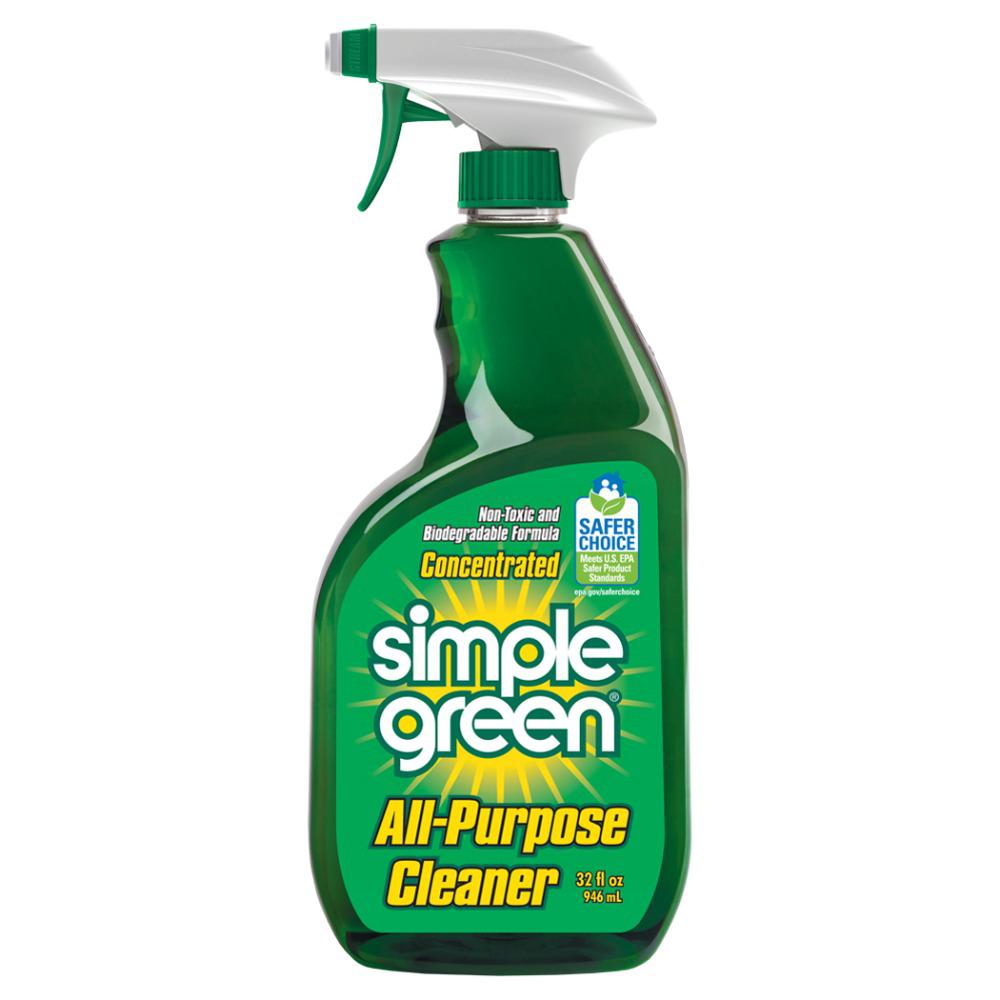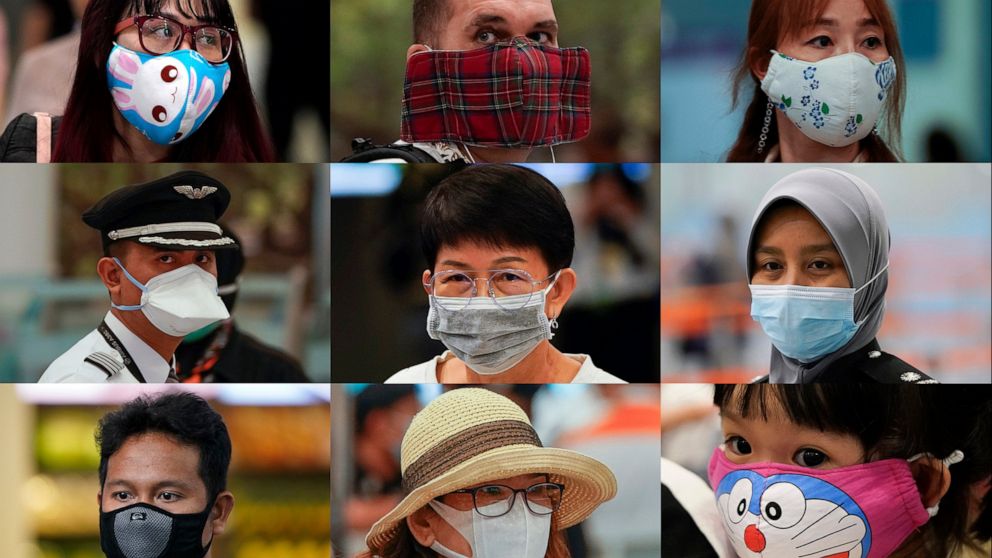There is no doubt that people like things. Whether it be the fourth pair of almost the same shoes, the third copy of the same shirt in a different color, or getting this fifth bubble tea of the week, people enjoy treating themselves to things. The increase in consumerism is seen as nations develop. While this is great for the economy as people use and desire more things, and thus spend more money, the environment takes a different toll.

Producing items is costly to the environment. It consumes natural resources, creates pollution, and the disposal of items fills landfills. For example, if a person can use a pair of shoes two years then dispose of them to a shoe recycling organization before getting a new pair, this is very environmentally sound. However, I, like most people, cannot live like this. I find great pleasure in having options. This is not only in options such as shoe type, but options within each type. I enjoy an assortment of colors, brands, and styles. This preference has caused me to indulge in several pairs of shoes, none of which see the end of their life. Most of my shoes end up being worn on rotation, and thus none of then get incredibly worn down. With my attachment style, I have trouble letting any of them go, but I still desire the accumulation of more.
Shoes though are just one example. People love upgrading, but they are careless to consider the environmental impacts the still functioning “downgrade” has, if not disposed of correctly. This is widely seen in electronics, as the desire to upgrade causes many old devices to be left sitting in attics and basements. People reminisce on the money they spent on the item at the time, and are hesitant to donate or recycle their items.
As consumerism is being pushed as the US economy is struggling through the coronavirus as much as the citizens are, people must be considerate, too, of the environmental impacts of their actions. Getting a $7 Chipotle bowl delivered from 10 miles away may have more environmental impact than one may think.

Truly, this is an unknown balance of supporting businesses and the economy while considering the environment. It almost seems as if you cannot have one without sacrificing another. But, if we uplift our standards to only consuming items that are made by companies with sustainability in mind, there may be a perfect balance waiting to be uncovered.



